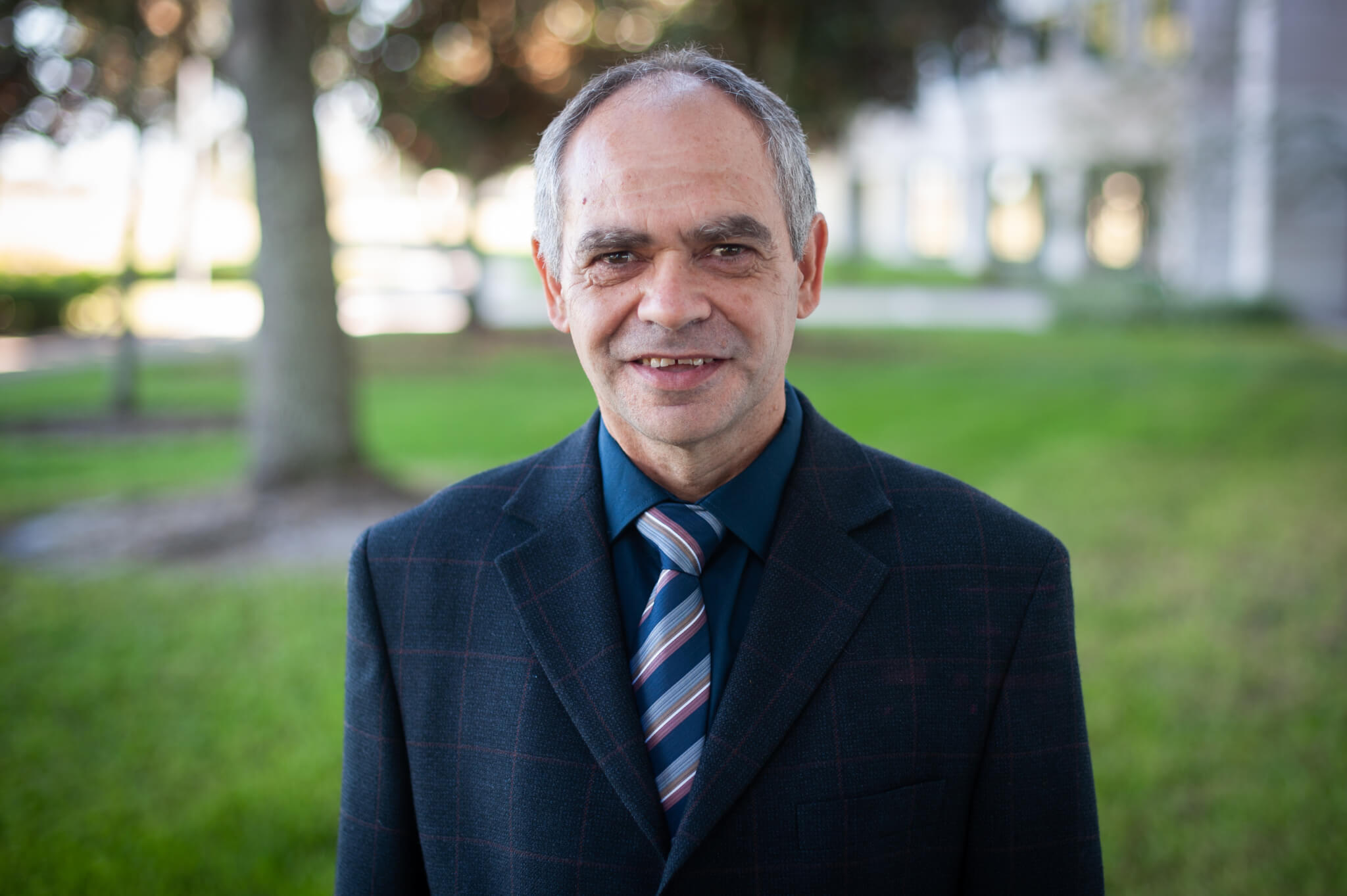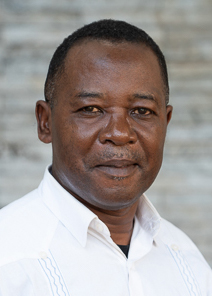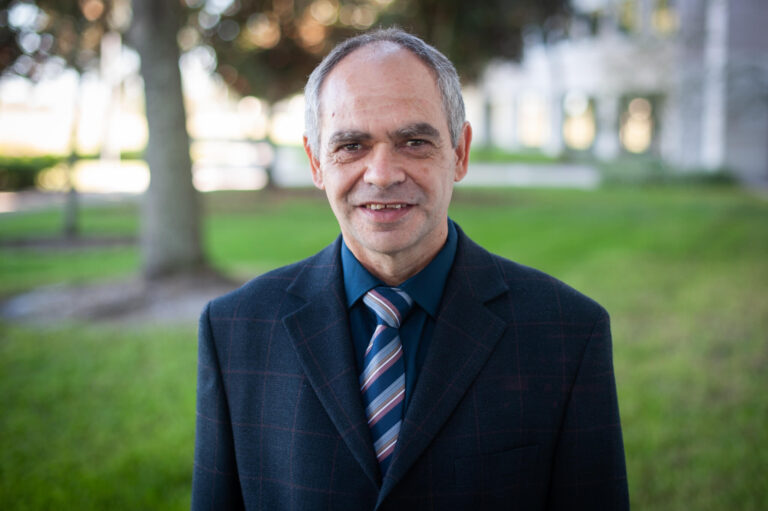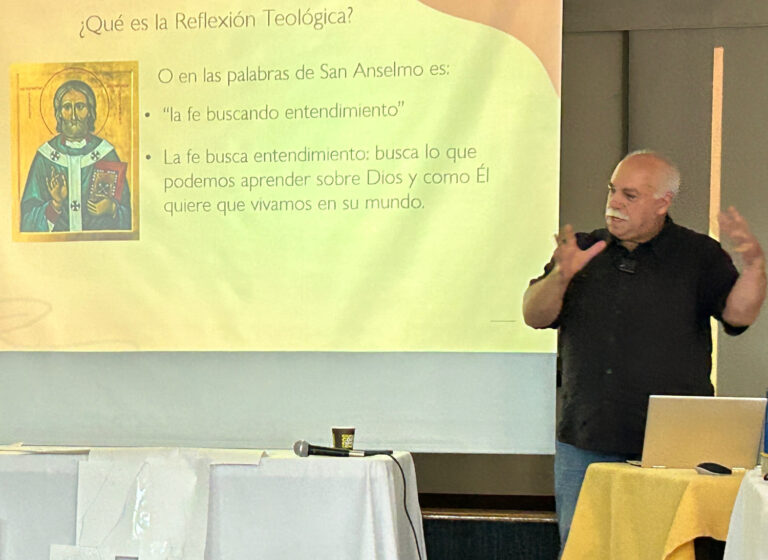“God’s faithfulness is reflected in the countless stories expressed through the obedience and selfless labour of his people over the ages, and especially in the countless lives, families and communities he has transformed, and will transform. Though the calendar focus of Vision 2025 is now coming to an end, what we have learned from Vision 2025 will continue to guide us. With prayerfulness at our heart, we will continue to trust God to accomplish the impossible.”
Stephen Coertze
Executive Director
Wycliffe Global Alliance
13 November 2025

Vision 2025 Celebration event video from 13 November
From The Journey Podcast: A conversation with John Watters about Vision 2025
From The Journey Podcast: A conversation with Dr Paul Kimbi, Alliance Consultant for Bible Translation Programmes
‘I believe vision 2025 was a motivation. It was a stimulation. And in terms of that it has achieved a lot. … There has been exponential growth, exponential awareness, expansion of translation. So Vision 2025 was, in my opinion, catalytic and it helped to spur, motivate translation on the field, resourcing of funds out there and create awareness of the need of translation
… A vision is like seeing ahead. It’s like a prophet who’s prophesying what God is saying. And he tells you there is a mountain out there and then … you are going to the mountain. But until you reach that mountain you don’t see that there are other mountains behind the mountain. Vision 2025 has taken us to the mountain and now we are able to see clearly what lies behind the mountain and what needs to be done after this vision.’

Book: A Missional Leadership History, including a full Chapter about Vision 2025
From 1999: The Vision 2025 resolution
From ICON99, a 1999 gathering for SIL and Wycliffe Bible Translators International, the forerunner to the Wycliffe Global Alliance:
Motivated by the pressing need for all peoples to have access to the Word of God in a language that speaks to their hearts and reaffirming our historic values and our trust in God to accomplish the impossible, we embrace the vision that, by the year 2025, a Bible translation project will be in progress for every people group that needs it.
We acknowledge that this cannot be accomplished simply by our working harder or doing more of what we are now doing. It will require us to make significant changes in our attitudes and ways of working.
Our desire is to build capacity for sustainable Bible translation programs and Scripture-use activities. Therefore, we urge each entity within our family of organizations to give priority to strengthening present partnerships, forming additional strategic partnerships, and working together to develop creative approaches appropriate to each context.
To this end, we commit ourselves to pray for the fulfilment of this vision, seeking God’s guidance, and obeying Him in whatever new directions He may lead.
Reflections on Vision 2025*
The date 2025 had caught a lot of attention since the Vision’s adoption. Why 2025 and not 2020 or 2030 or something else? The ICON99 delegates had rigorously debated that very question. John Watters (SIL-WBTI president and original architect of Vision 2025) noted that the date was arbitrary, intended to present a challenge and a call to the next generation to continue what God had been doing up to this point and to build upon the work of the previous generation of WBTI and SIL members, most of whom would retire between 2000 and 2025. For those in the Bible translation movement, the date encouraged prayer and humble dependence on God.
It wasn’t really about the date or the work of starting Bible translation in each remaining language community. Vision 2025 was really about the transformation to become the people God can use in His mission, to become the kinds of partners that can best serve as a part of the worldwide Church. It was about being willing to change, willing to take risks, willing to be obedient. It was only when being humbled before God, acknowledging this is His work, and resting in His hands that achieving Vision 2025’s goals is possible.
Adoption of Vision 2025 occurred at the peak of Western influence in mission leadership and strategy. Today, however, the Vision is taking effect in contexts where ‘the predominance of one culture over others is no longer accepted, and where cultural polycentrism is a fact of our time.
More than one era of leadership ‘owned’ and dealt with Vision 2025. (It) offered motivation to pray, to seek God’s will, to commit to ongoing change and lasting values, motivation to seek out new relationships, to hold plans loosely, to collaborate, to take risks. In the early years of Vision 2025, there was a temptation to make it all about acceleration. But gradually it became apparent that the commitment to participate in God’s mission meant it would happen at God’s pace. Deepening relationships and learning to listen, think, and work differently sometimes requires less speed, more reflection.
Even in the face of urgency—perhaps especially in the face of urgency—the measure of progress is as much about direction and depth as distance.
*Excerpts from A Missional Leadership History: The Journey from Wycliffe Bible Translators to the Wycliffe Global Alliance by Kirk J. Franklin and Susan Van Wynen, with Deborah Crough






